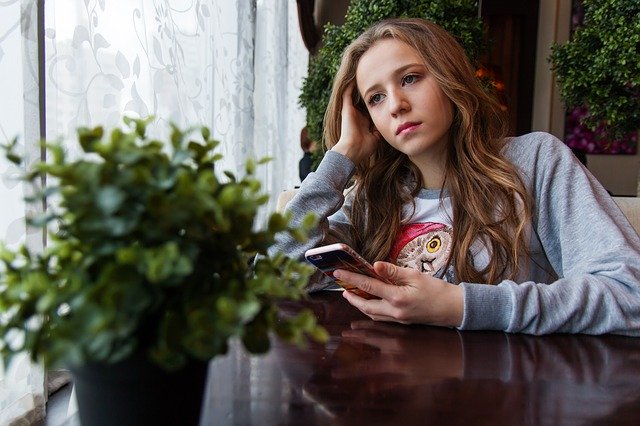Here are some tips for parenting teenagers, and young adults suddenly at home, during this time:
Understand their frustration over not seeing friends
Friends are really important and your teen may be experiencing all kinds of feelings about not being able to meet up with their pals and being stuck at home with their parents and siblings.
Keep communicating with your teen, acknowledge their frustrations and other feelings. Listen to what they say and to how they are feeling, validate their feelings, empathise with them.
Talk together about how the situation can be more bearable, discuss how they can create new ways to interact with their friends socially. Be flexible about the hours you allow them on social media as they are missing out on seeing and socialising with friends who they would usually see during the day.
School work at home
Keeping up with expectations from school is tough, especially for those with ADHD and other learning difficulties.
Help your teen to set a realistic timetable and routine, so that they have set times for schoolwork, including break times, exercising and socialising.
What will really help your teen is by doing a set time of work first and then putting rewards in place so they can do something more enjoyable and relaxing. Talk to your teen about what these things can be but also make suggestions such as catching up with a friend on social media, enjoying a coffee and a cake together, mindful colouring, a walk outside etc.
For their wellbeing
Teenagers will cope better during this difficult time if they have a good night’s sleep, eat healthily and get regular exercise. So, keep a good bedtime routine with the teen knowing when they are to wake up and when they are to settle down for the evening. As far as possible keep to your regular routines. All this is important for their wellbeing, it will help stabilise their mood and increase their ability to function well. Routines will help to ease any stress, feelings of being out of control and the uncertainty they may be experiencing. Encourage them to join in various enjoyable activities with the family as well as contributing to the usual household tasks, rather than isolating themselves in their bedroom all the time. But remember they will also need their own space at times, just as we all do.
Validate their disappointment
For many the most painful part of the pandemic restrictions will be missing out on some everyday life experiences and activities – many things which we just take for granted, such as going to the cinema, meeting up in town, going to concerts, extracurricular activities at school etc.
Give them time and space to share their feelings and listen to them. Some teens who are at an important stage in their education may well be worrying about what affect this will all have on their futures. Acknowledge again the stress and frustrations they may have. Encourage them that they will come through this. Remind them that you are there to listen to them, help them to problem solve and come up with alternative solutions.
Help them practice mindfulness
Mindfulness techniques can help when we are feeling stressed, overwhelmed, disappointed and frustrated. It’s about accepting our emotions and recognising them rather than trying to fight them. It’s telling yourself that it’s ok to feel anxious, worried and scared. It’s acknowledging our feelings, working through them and then being able to say “what can I do now?”
There are many examples online of mindfulness activities, it may be sitting out in the garden in the sunshine, doing some mindful colouring, breathing deeply in and out. A google search for such ideas and tools will always provide plenty of options.
(Adapted from a childmind.org article)
To sign up to Fegans’ regular Parenting in a Pandemic newsletters click here.

